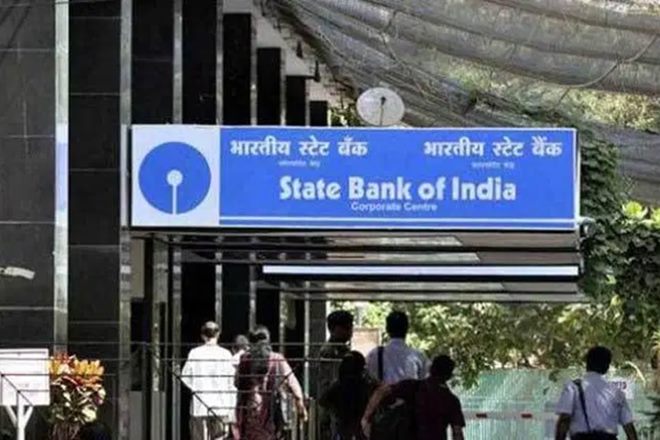Credit and Finance for MSMEs: Following the Reserve Bank of India’s (RBI) decision earlier this month asking banks to link new floating-rate loans to retail and MSMEs to an external benchmark from October 1 onwards in order to enhance transmission of policy rate cuts to borrowers, the largest lender State Bank of India (SBI) has announced adopting the Repo Rate as the external benchmark for all floating rate loans for MSME. The bank will benchmark the Repo Rate for floating-rate loans to housing and retail loans as well. The decision announced on Monday will be effective from October 1, 2019, as per the RBI’s circular dated September 4, 2019.
The circular notified four benchmarks among which banks can choose to link such loans including RBI’s repo rate, Government of India 3-month treasury bill yield published by the Financial Benchmarks India Private Ltd (FBIL), Government of India 6-month treasury bill yield published by the FBIL or any other benchmark market interest rate published by the FBIL.
Also read: Ease of credit access: Allahabad Bank launches retail, MSE loans linked with external benchmark rates
SBI, in a statement announcing the decision, said that it voluntarily extends the external benchmark based lending to medium enterprises also in order to improve lending to the entire MSME sector. The bank had launched the floating rate home loans effective July 1, 2019, while few modifications were made in the scheme effective October 1, 2019, to comply with the latest guidelines.
The RBI had last year in December had announced that it intends to make mandatory for banks to link all new floating rate personal or retail loans and floating rate loans to MSMEs to an external benchmark that was left open for stakeholder consultations earlier this year. However, since the transmission of policy rate changes to the lending rate of banks under the current MCLR framework wasn’t satisfactory according to the RBI, the central bank had then mandated the linkage effective October 1, 2019.
As per the circular, banks are also free to choose their spread over the benchmark rate, subject to the condition that the credit risk premium may change only when borrower’s credit assessment undergoes a substantial change, as agreed upon in the loan contract, RBI had said. Recently banks including Allahabad Bank, Indian Overseas Bank, IDBI Bank etc., had adopted repo rate as the external benchmark for new loans.


